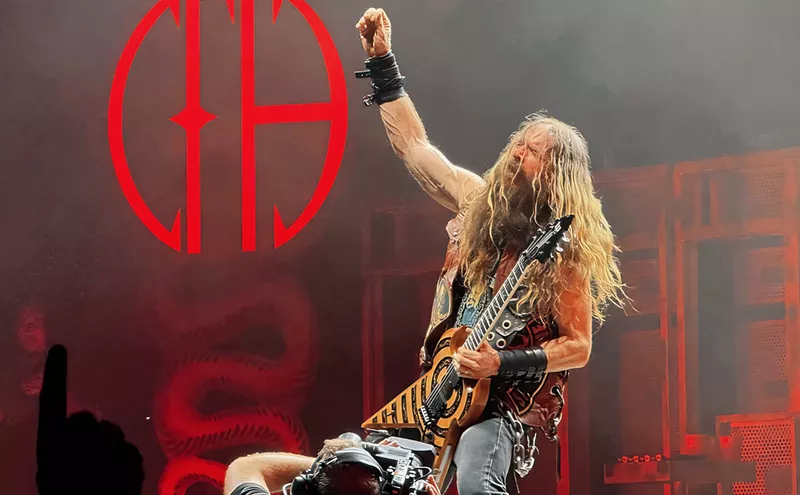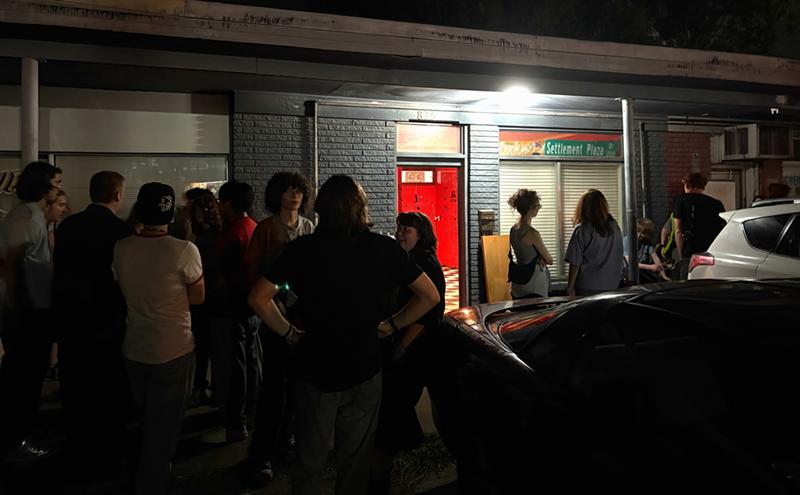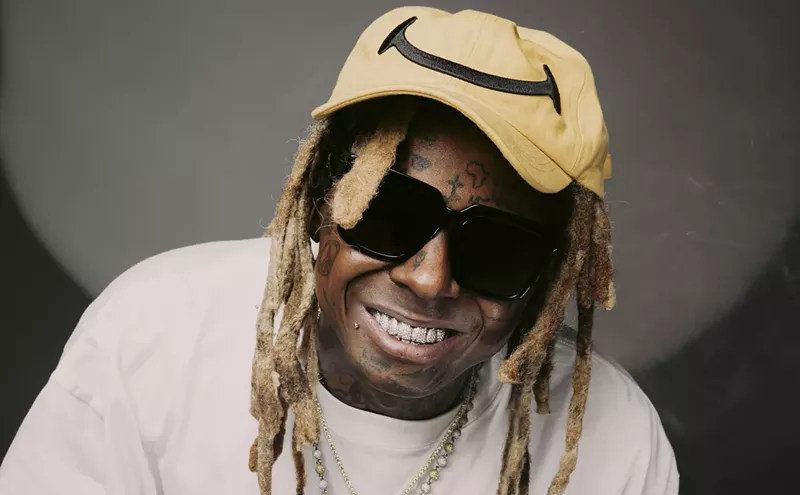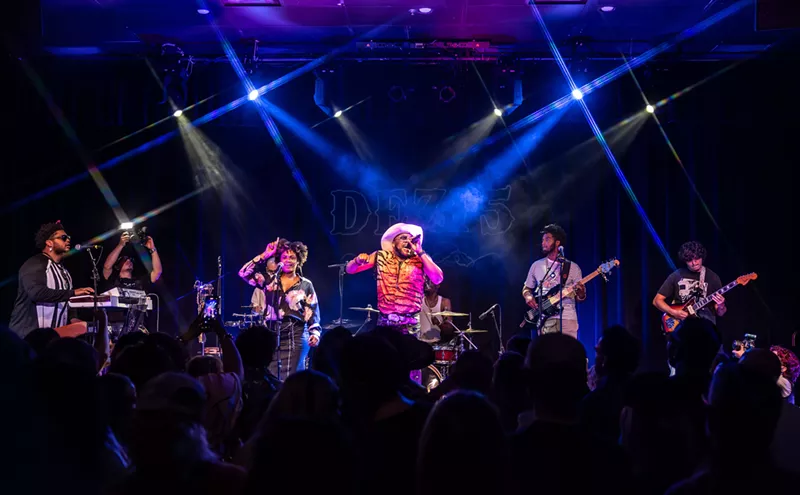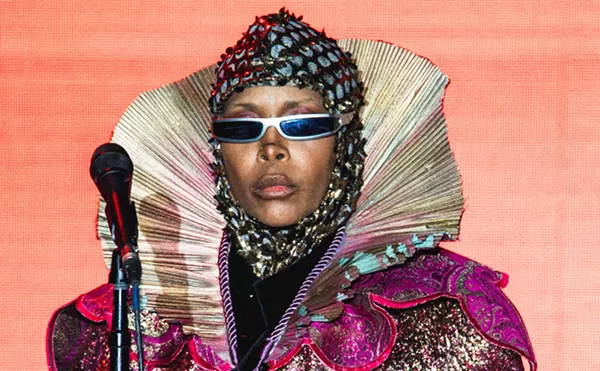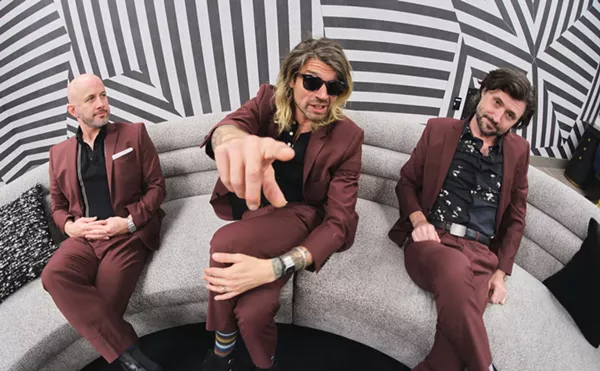
Audio By Carbonatix
[
{
"name": "GPT - Billboard - Slot Inline - Content - Labeled - No Desktop",
"component": "21721571",
"insertPoint": "2",
"requiredCountToDisplay": "2"
},{
"name": "STN Player - Float - Mobile Only ",
"component": "21861991",
"insertPoint": "2",
"requiredCountToDisplay": "2"
},{
"name": "Editor Picks",
"component": "17105533",
"insertPoint": "4",
"requiredCountToDisplay": "1"
},{
"name": "Inline Links",
"component": "18349797",
"insertPoint": "8th",
"startingPoint": 8,
"requiredCountToDisplay": "7",
"maxInsertions": 25
},{
"name": "GPT - 2x Rectangles Desktop, Tower on Mobile - Labeled",
"component": "22608066",
"insertPoint": "8th",
"startingPoint": 8,
"requiredCountToDisplay": "7",
"maxInsertions": 25
},{
"name": "Inline Links",
"component": "18349797",
"insertPoint": "8th",
"startingPoint": 12,
"requiredCountToDisplay": "11",
"maxInsertions": 25
},{
"name": "GPT - Leaderboard to Tower - Slot Auto-select - Labeled",
"component": "17357520",
"insertPoint": "8th",
"startingPoint": 12,
"requiredCountToDisplay": "11",
"maxInsertions": 25
}
]


